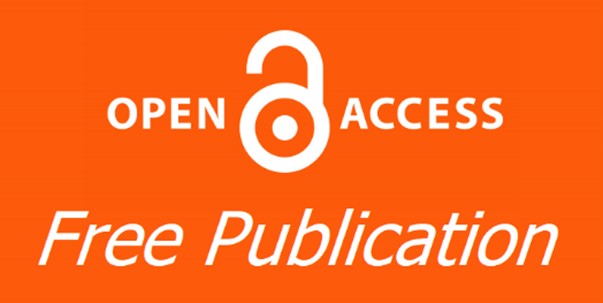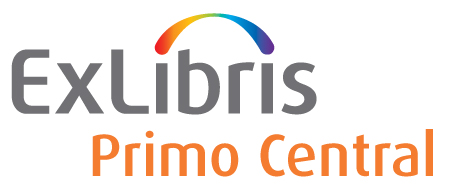Article Type
Article
Subject Area
Otorhinolaryngologic Diseases
Abstract
Background: Zygomaticomaxillary complex (ZMC) fractures frequently take place nowadays. The objective of management of fractures of ZMC is to attain stability and restore an aesthetically pleasing look by means of three-dimensional reductions and stiff fixation.
Aims: to compare single versus multiple point fixation of ZMC fracture.
Patients and Methods: This prospective work, was performed at maxillofacial surgery unit at department of Otorhinolaryngology, Tanta University Hospitals, on instances of ZMC fractures. Participants were randomly allocated into 2 groups: group 1 (n=14): underwent single point fixation and group 2 (n=14): underwent two or three-point fixation. The areas of fracture have been reached through subcilliary, transconjunctival, and superior gingivobuccal incisions.
Results: VAS in group 2 gave significantly inferior results (higher figures) compared to group 1, so satisfaction and visibility assessed by VAS were significantly greater in group 1 contrasted to group 2 (2.1 ± 1.09 vs. 5 ± 1.47) & (1.5 ± 1.07 vs. 4± 1.07). There was no statistically significant disparity among the groups tested in terms of the clinical and radiological evaluation of enophthalmos degrees correction, measured clinically using Hertel exophthalmometer and orbital volume as a radiological indicator for enophthalmous degree of correction.
Conclusions: One point fixation provided a high satisfaction score, near equal stability and degree of correction of enophthalmos compared to two-point fixation.
Keywords
Zygomaticomaxillary complex; Fractures; two-point fixation; Open reduction; Fixation; Stability.
Recommended Citation
El-Gisr M, Naggar A, Khalifa M,
et al.
Single Versus Multiple Point Fixation of Zygomaticomaxillary Complex Fracture.
Pan Arab J. Rhinol.
2024;
14 : -.
Available at:
https://pajr.researchcommons.org/journal/vol14/iss1/4
DOI: https://doi.org/10.58595/2090-7559.1232
Creative Commons License

This work is licensed under a Creative Commons Attribution-NonCommercial-No Derivative Works 4.0 International License.
Included in
Oral and Maxillofacial Surgery Commons, Otolaryngology Commons, Otorhinolaryngologic Diseases Commons
















